Sam Altman’s Bold Predictions for AI in 2025: Workforce, Superintelligence, and the Future of Technology
Updated on : 07 January, 2025
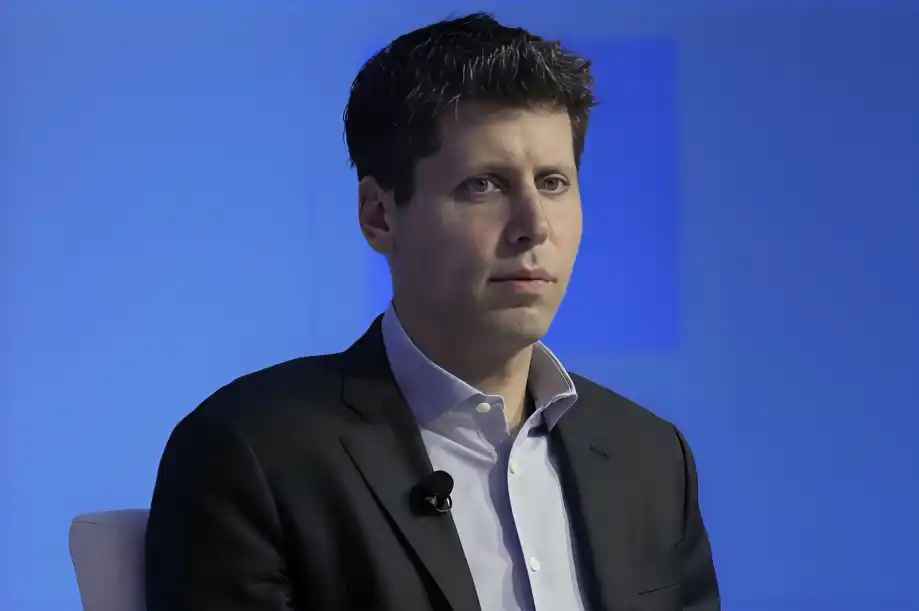
Image Source: scene7.com
As Sam Altman wrote in a recent blog, "We believe that, in 2025, we may see the first AI agents 'join the workforce' and materially change the output of companies. We continue to believe that iteratively putting great tools in the hands of people leads to great, broadly-distributed outcomes."
For further insights, you can read Sam Altman’s full blog post here.
Introduction
As we enter 2025, the landscape of artificial intelligence (AI) is poised for transformative changes, particularly with the predictions made by Sam Altman, CEO of OpenAI. Altman has stated that the first batch of AI agents will join the workforce this year, marking a significant milestone in the evolution of technology and its integration into everyday business operations.
Furthermore, he has articulated OpenAI's ambition to develop superintelligence—an advanced form of AI that could surpass human capabilities in various domains. This blog will explore these developments in detail, analyzing their implications for the workforce, society, and the future of technology.
Early Life and Education

Image Source: Founderoo
Samuel Harris Altman was born on April 22, 1985, in Chicago, Illinois, and later moved to the suburbs of St. Louis, Missouri. From a young age, he exhibited a strong aptitude for numbers and technology, which set the foundation for his future endeavors in the tech industry.
Altman attended the prestigious John Burroughs School in St. Louis, where he excelled academically before enrolling at Stanford University to study computer science. However, he dropped out after two years, claiming that he learned more from playing poker with classmates than from formal lectures. This early experience in poker helped him develop critical decision-making skills under uncertainty, which would later influence his business strategies.
Entrepreneurial Beginnings: Loopt
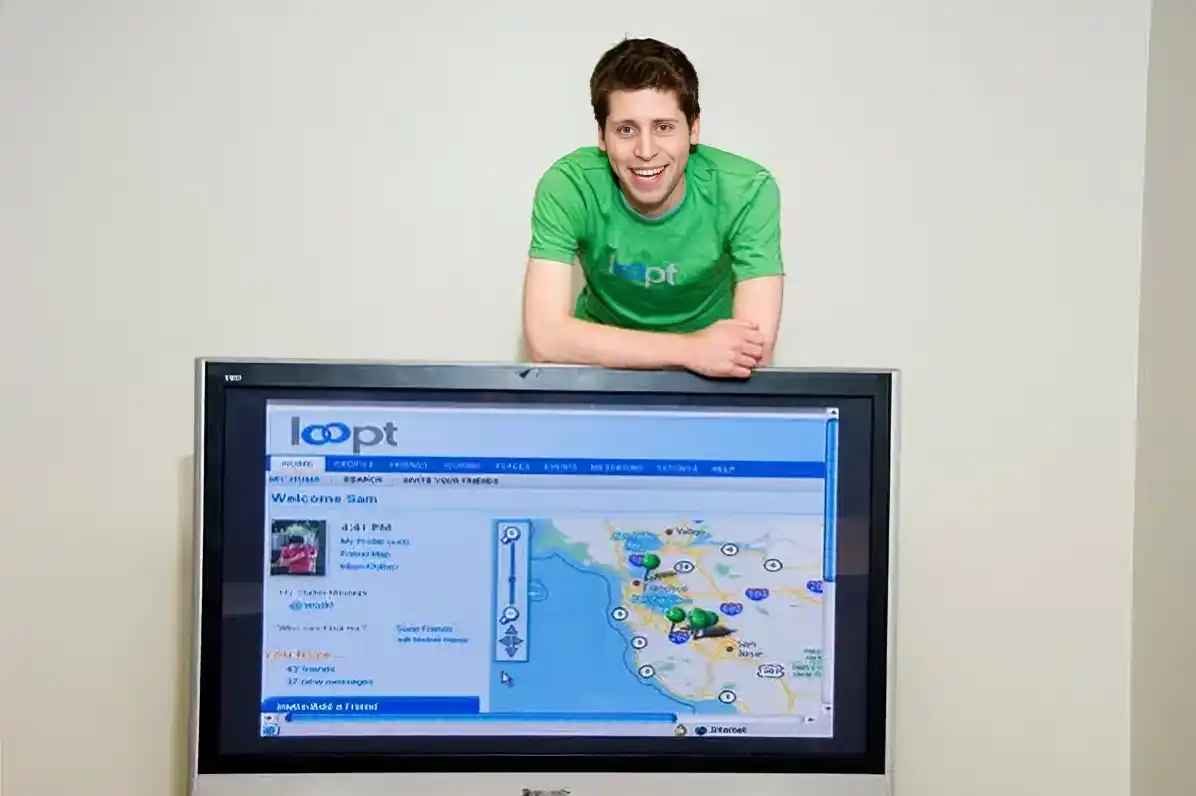
Image Source: nyt.com
In 2005, at just 19 years old, Altman co-founded Loopt, a location-based social networking mobile application. As the CEO of Loopt, he successfully raised over $30 million in venture capital from notable investors including Sequoia Capital and Y Combinator.
Despite securing significant funding and partnerships with major wireless carriers like Sprint, Loopt struggled to gain traction among users. Ultimately, in 2012, the company was acquired by Green Dot Corporation for approximately $43 million. This experience provided Altman with valuable insights into the challenges of startup growth and user engagement.
Popular Blogs
Rise to Prominence: Y Combinator
After the acquisition of Loopt, Altman transitioned into the world of venture capital and startup incubation. In 2011, he joined Y Combinator (YC), one of Silicon Valley's most influential startup accelerators. His role quickly evolved from part-time partner to president in 2014 after co-founder Paul Graham stepped down. Under Altman's leadership, YC expanded its focus to include hard tech startups and increased its investment in scientific innovations. He aimed to create a trillion-dollar conglomerate by fostering technological advancements that could address significant global challenges.
During his tenure at Y Combinator, Altman was instrumental in mentoring and investing in numerous successful startups, helping to shape the next generation of entrepreneurs. His vision for YC was not only about financial success but also about making a meaningful impact on society through technology.
Founding OpenAI
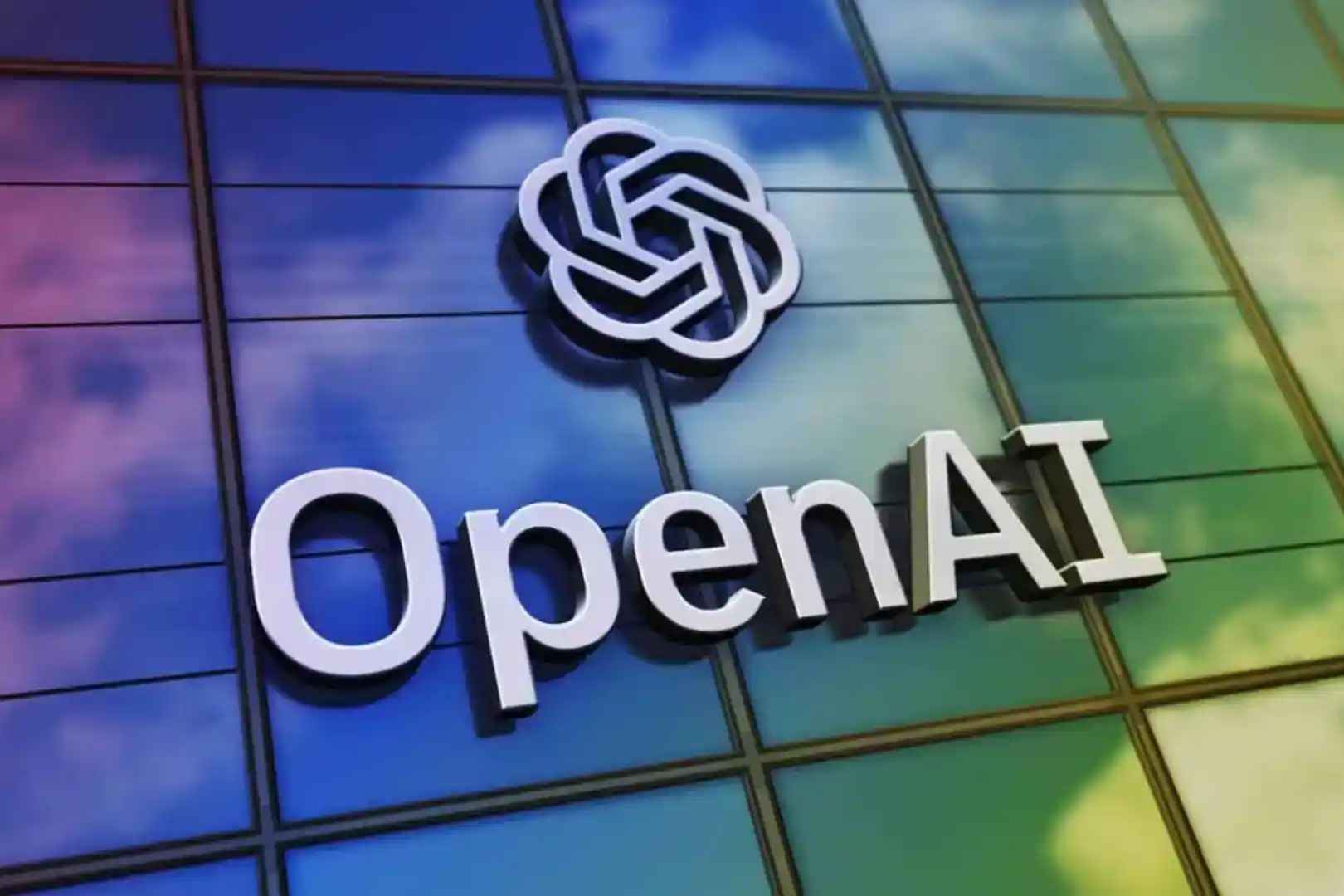
Image Source: newsbytesapp.com
In December 2015, Altman co-founded OpenAI alongside notable figures such as Elon Musk and Greg Brockman. The organization was established with a mission to ensure that artificial general intelligence (AGI) benefits all of humanity. Initially serving as co-chairman, Altman became CEO in 2019 and has since been at the forefront of AI development.
OpenAI gained widespread recognition with the release of its language model ChatGPT in November 2022. This product revolutionized human-computer interaction and positioned Altman as a leading voice in the AI industry. The success of ChatGPT not only transformed OpenAI into a household name but also sparked global discussions about the implications of advanced AI technologies.
The Arrival of AI Agents in the Workforce
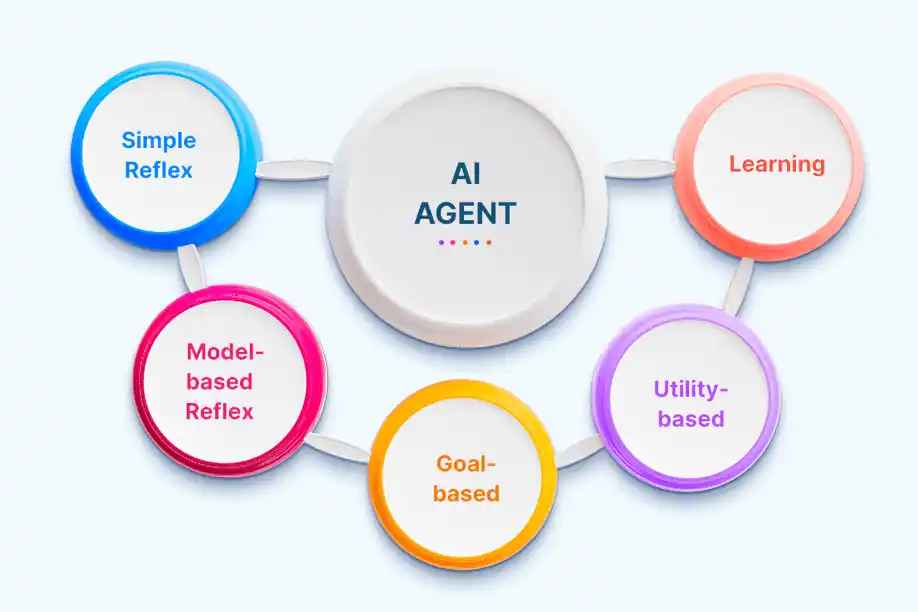
Image Source: eluminoustechnologies
Understanding AI Agents
AI agents are autonomous systems designed to perform tasks without human intervention. They leverage advanced machine learning algorithms, natural language processing, and other technologies to execute complex functions. These agents can handle a wide range of activities, from scheduling meetings to coding software and managing customer inquiries.
Altman's Prediction for 2025
In a recent blog post, Sam Altman expressed his confidence that AI agents would begin to integrate into the workforce in 2025. He stated, “We believe that in 2025, we may see the first AI agents 'join the workforce' and help change the output of companies materially.” This prediction highlights a pivotal moment in which businesses can harness AI's capabilities to enhance productivity and efficiency.
Current Developments in AI Agents
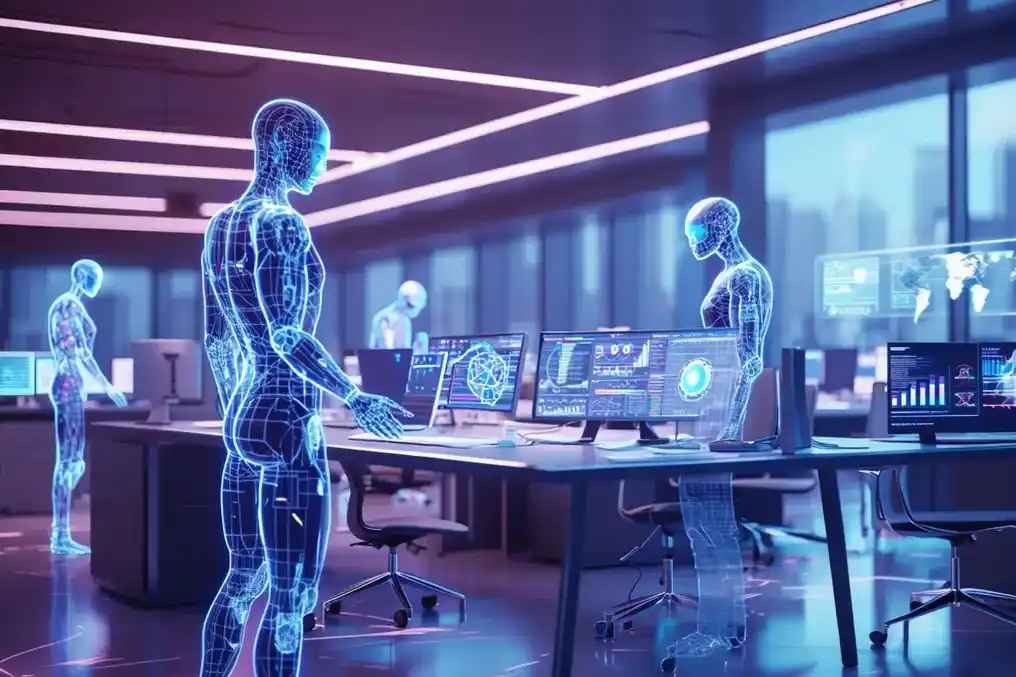
Image Source: itbrief.com
Several companies are already working on deploying AI agents. OpenAI's upcoming agent, codenamed "Operator," is designed to autonomously perform tasks such as writing code and booking travel. Similarly, tech giants like Google and Microsoft are developing their own versions of AI agents that will streamline workflows across various applications.
-
Google's Project Jarvis: This project aims to create an AI agent that operates within Google Chrome, capable of automating tasks across different applications on a user's computer.
-
Microsoft's Copilot Studio: This initiative allows users to create powerful autonomous AI agents that can assist with tasks across Microsoft Office 365 applications.
These developments indicate that 2025 will be a landmark year for AI agents as they transition from research labs into practical applications within businesses.
The Impact of AI Agents on the Workforce
Enhancing Productivity
The introduction of AI agents into the workforce is expected to significantly boost productivity. By automating routine tasks, these agents can free human workers to focus on more strategic and creative endeavors. Altman emphasizes that placing powerful tools in people's hands leads to broadly distributed positive outcomes.
Economic Implications
The economic landscape may undergo substantial changes as AI agents become more prevalent:
-
Job Creation: While there are concerns about job displacement, new roles will emerge in areas such as AI development, maintenance, and oversight.
-
Increased Efficiency: Businesses can achieve higher levels of efficiency by leveraging AI agents to handle repetitive tasks quickly and accurately.
-
Potential for Growth: Enhanced productivity driven by AI could contribute to overall economic growth and increased prosperity.
Ethical Considerations
The rise of AI agents also brings forth ethical dilemmas:
-
Job Displacement: Automation may lead to significant job loss in various sectors, raising concerns about economic inequality.
-
Bias and Fairness: Ensuring that AI systems are free from bias is crucial to preventing discrimination in decision-making processes.
-
Accountability: Determining responsibility for actions taken by AI agents poses significant challenges.
OpenAI’s Pursuit of Superintelligence
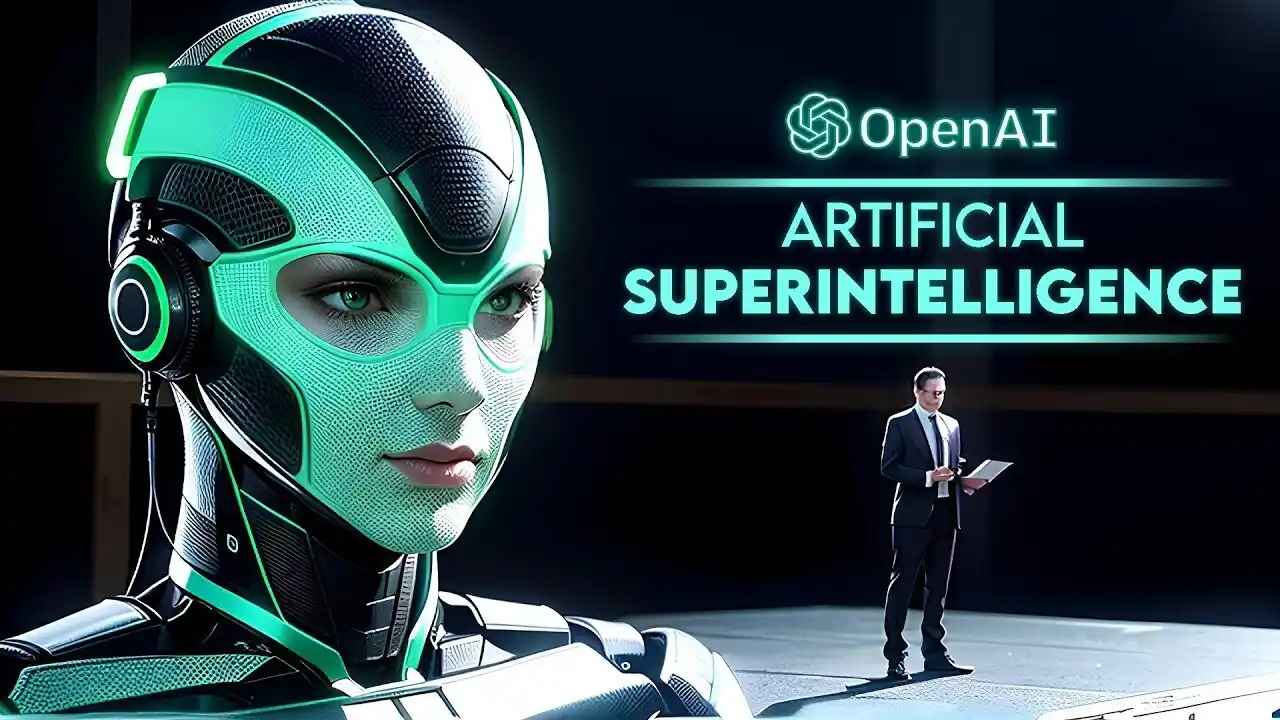
Image Source: Linkedin
Defining Superintelligence
Superintelligence refers to an advanced form of artificial intelligence that exceeds human cognitive abilities across virtually all domains. This concept has been a subject of intense debate among researchers and technologists. Altman envisions superintelligence as a tool capable of driving unprecedented advancements in scientific discovery and innovation.
OpenAI's Commitment to Developing Superintelligence
OpenAI is not merely focused on creating functional AI agents; it aims to develop superintelligent systems that can revolutionize various fields. In his blog post, Altman stated, “With superintelligence, we can do anything else.” This suggests a future where AI tools could significantly accelerate scientific progress beyond human capabilities.
The Path Towards Superintelligence
-
Research and Development: OpenAI invests heavily in research aimed at advancing AI capabilities while prioritizing safety and alignment with human values.
-
Collaboration with Stakeholders: Altman emphasizes collaboration with governments, organizations, and communities to establish guidelines for safe AI development.
-
Public Engagement: OpenAI actively engages with the public to foster understanding and dialogue about the implications of superintelligent systems.
Sam Altman’s Vision for Responsible AI
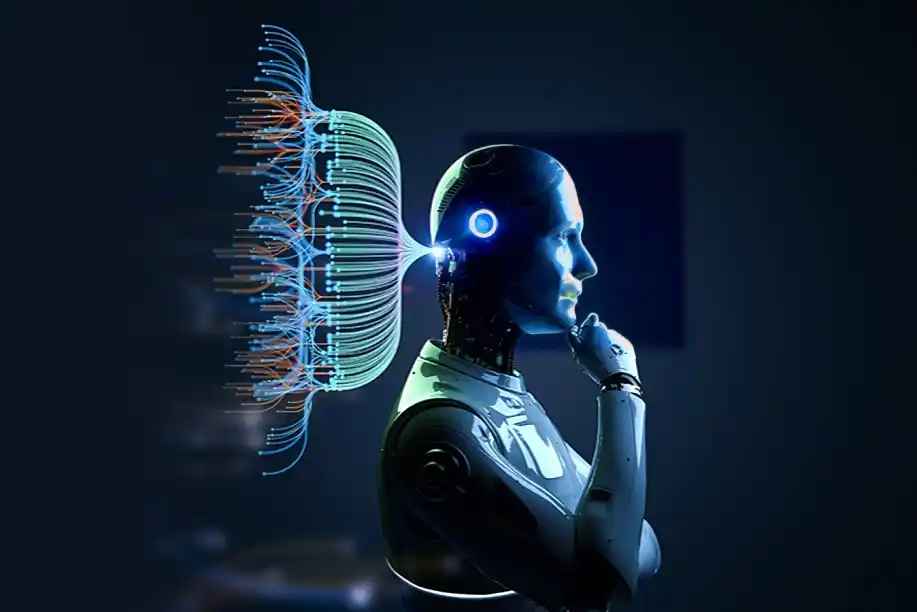
Image Source: telecomreview.com
Ethical Frameworks for Development
Altman's vision for responsible AI development is characterized by a commitment to ethical considerations:
-
Safety Protocols: OpenAI has acknowledged that managing the transition to a world with super-intelligent systems poses substantial challenges. Ensuring safety and control over these powerful tools remains critical.
-
Human Alignment: The alignment between human values and AI systems is paramount. OpenAI aims to ensure that superintelligent systems operate within ethical boundaries.
Addressing Concerns About Superintelligence
While the promise of superintelligence is compelling, it comes with significant risks:
-
Control Challenges: There are concerns about how superintelligent systems could prove impossible to control if they do not share human values.
-
Long-Term Implications: The long-term implications of deploying superintelligent systems must be carefully considered to prevent unintended consequences.
The Broader Implications
Changes in Work Culture
The introduction of AI agents into the workforce will likely lead to shifts in workplace culture:
-
Collaboration Between Humans and Machines: Workers will need to adapt to collaborating with AI systems, requiring new skills and mindsets.
-
Focus on Creativity: As routine tasks are automated, employees may find themselves focusing more on creative problem-solving and innovation.
Economic Inequality Concerns
The rapid advancement of AI technology raises concerns about economic inequality:
-
Access to Technology: There is a risk that only certain sectors or individuals may benefit from advancements in AI.
-
Reskilling Initiatives: Programs aimed at reskilling workers displaced by automation will be essential for ensuring a smooth transition.
Societal Implications
Ethical Considerations in Society
As society embraces advanced technologies like AI agents and superintelligence, establishing ethical frameworks becomes crucial:
-
Regulatory Guidelines: Governments must create regulations that promote responsible AI development while encouraging innovation.
-
Social Safety Nets: Implementing social safety nets can help support individuals affected by job displacement due to automation.
Cultural Shifts
The presence of advanced AI technologies may alter cultural norms surrounding work and collaboration:
-
Changing Perceptions of Work: As automation takes over routine tasks, individuals may redefine their understanding of work and its value.
-
New Opportunities for Innovation: The collaboration between humans and machines may lead to new avenues for creativity and innovation.
Conclusion
Sam Altman’s predictions for AI in 2025 signal a transformative shift in technology, with AI agents set to join the workforce and superintelligence on the horizon. These advancements bring opportunities to boost productivity and innovation but also raise ethical and societal challenges, such as job displacement and the need for responsible AI governance.
Collaboration among governments, businesses, and communities will be crucial in navigating this new era. Altman’s leadership at OpenAI highlights a vision where AI technologies coexist with humanity, driving progress while emphasizing caution and ethical considerations. With foresight and collective effort, AI can be harnessed to benefit society as a whole.














